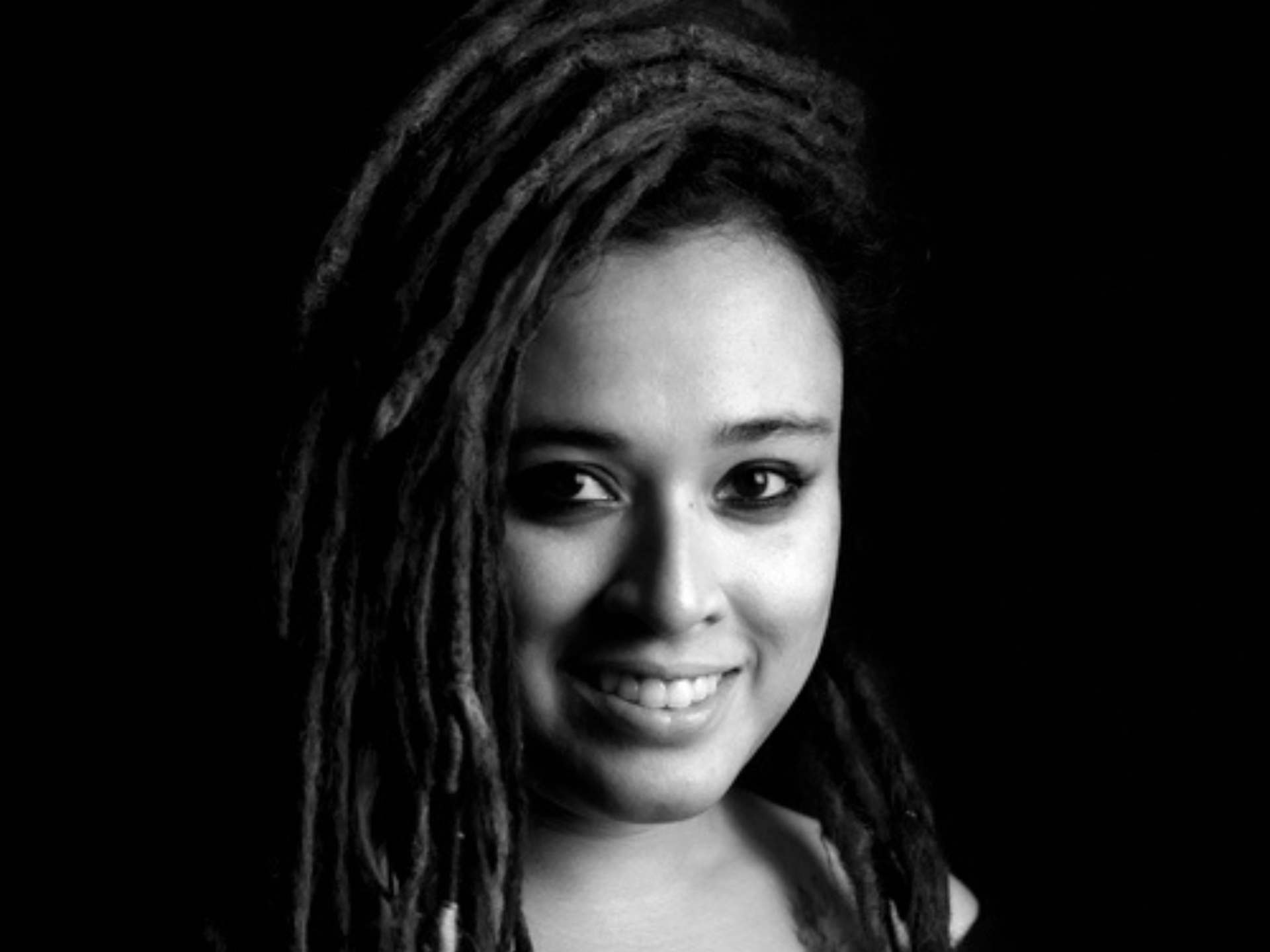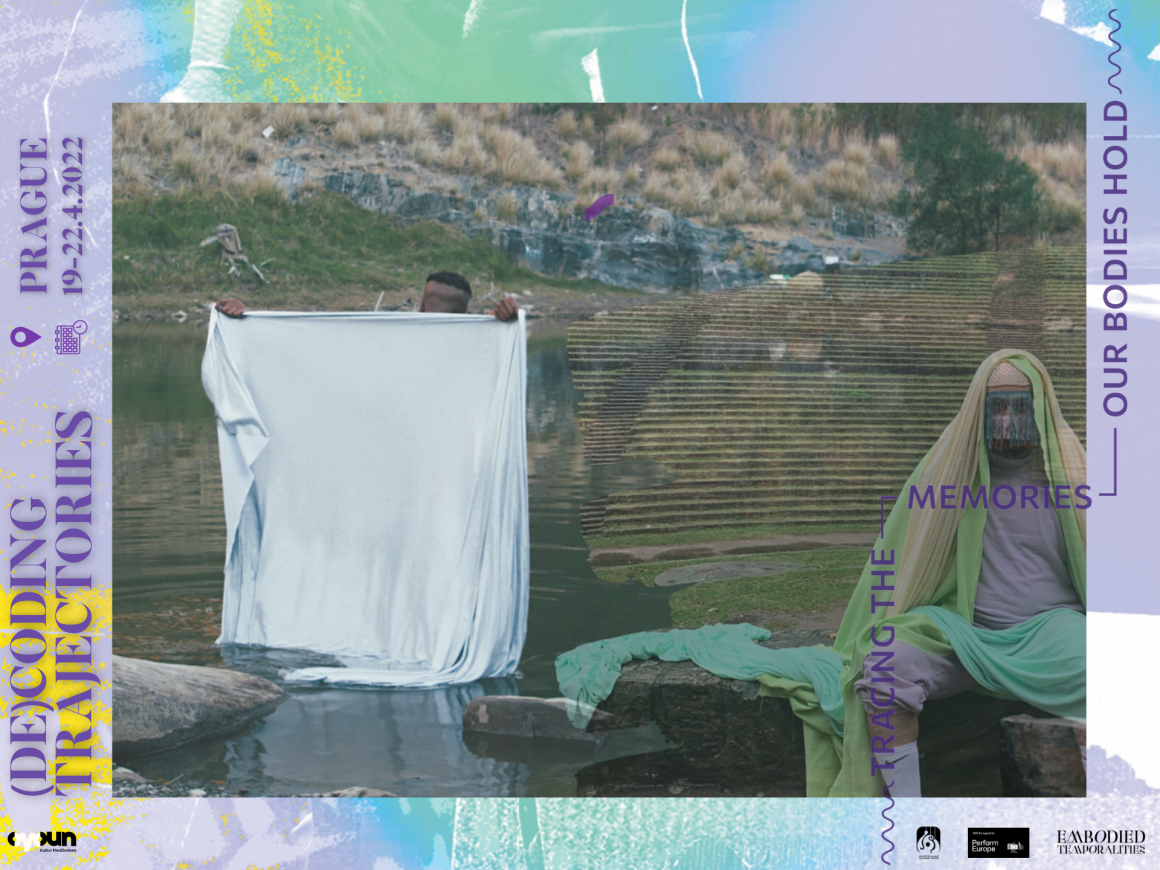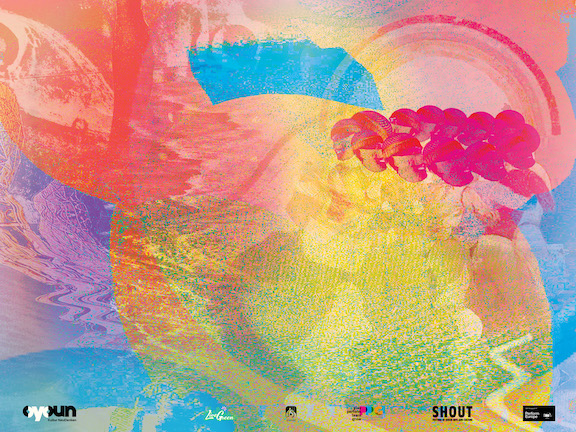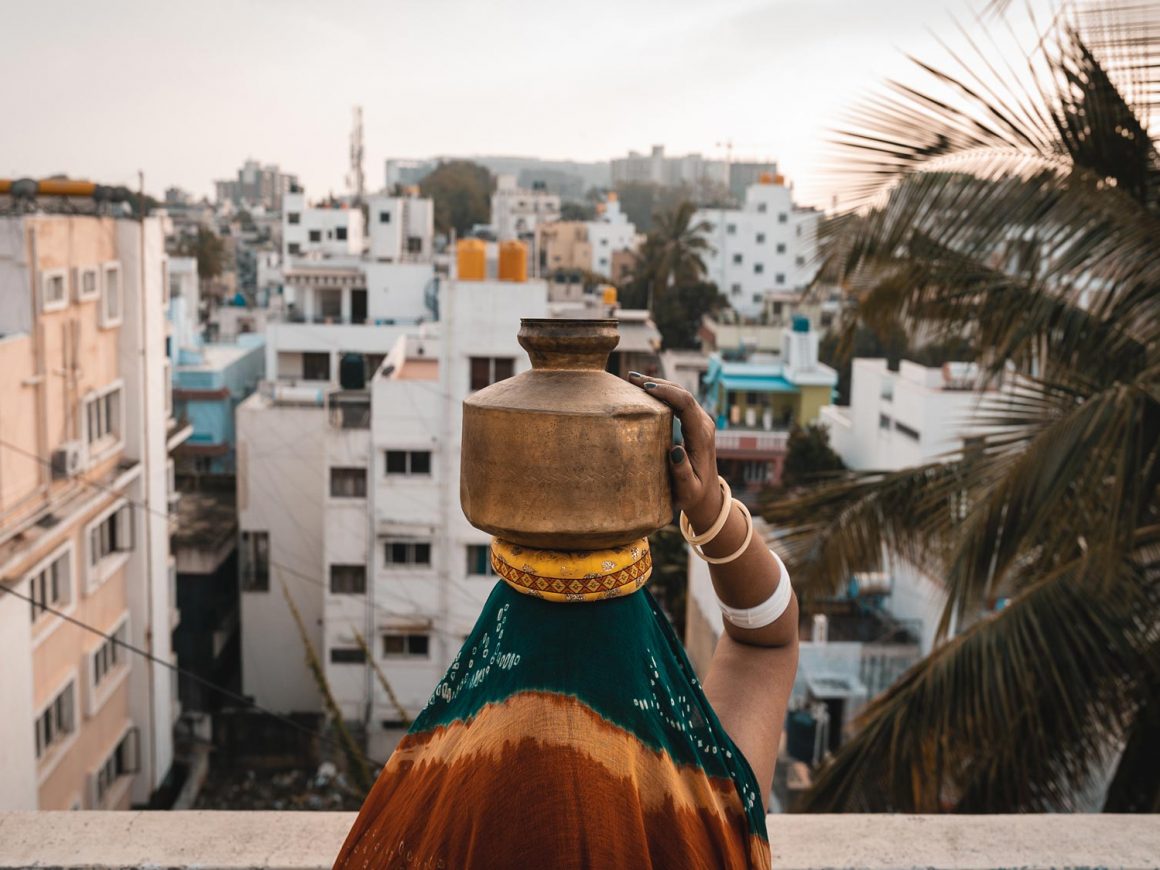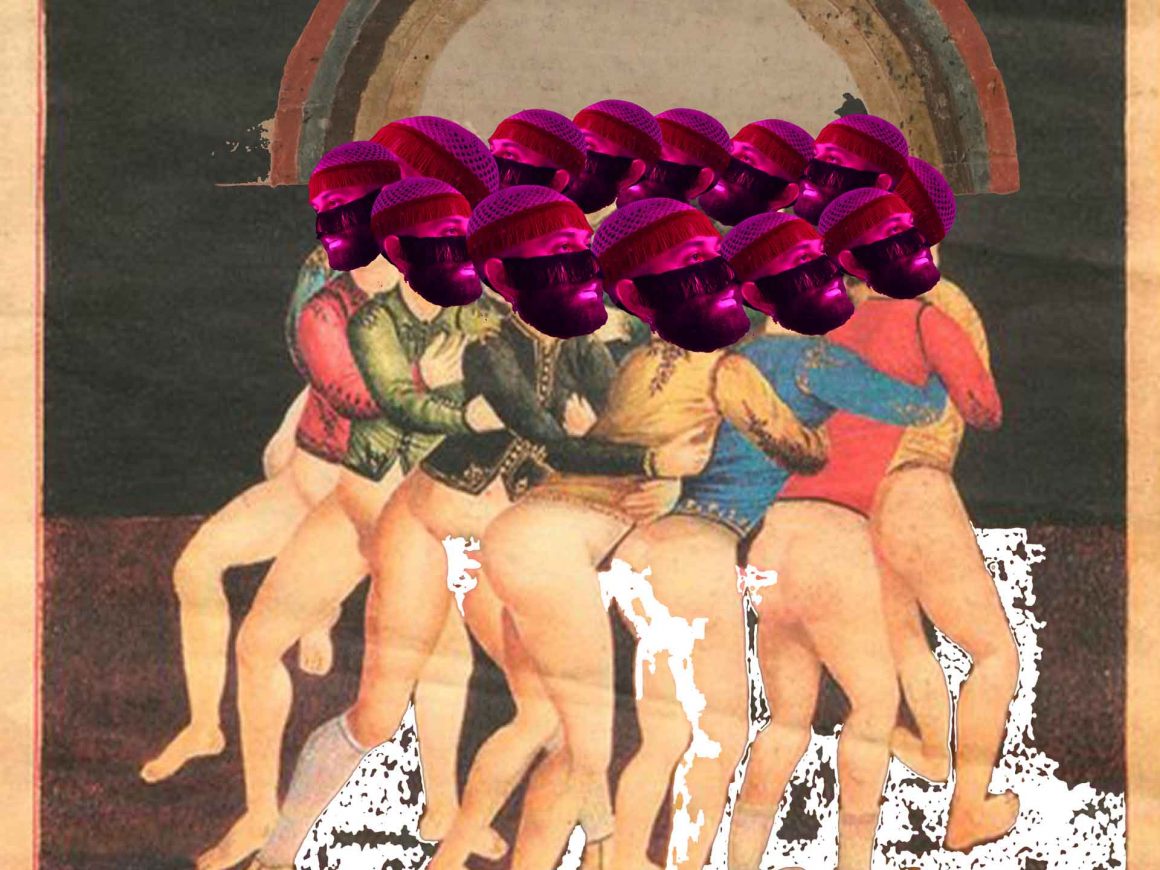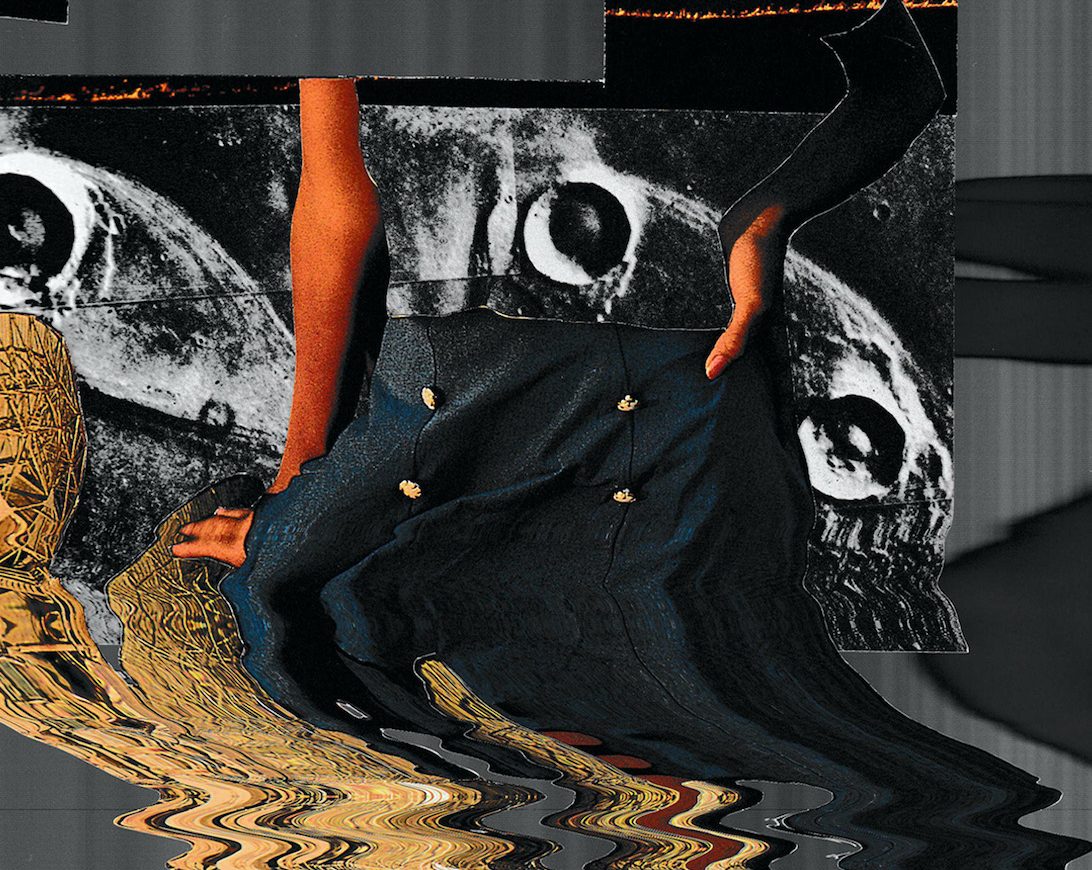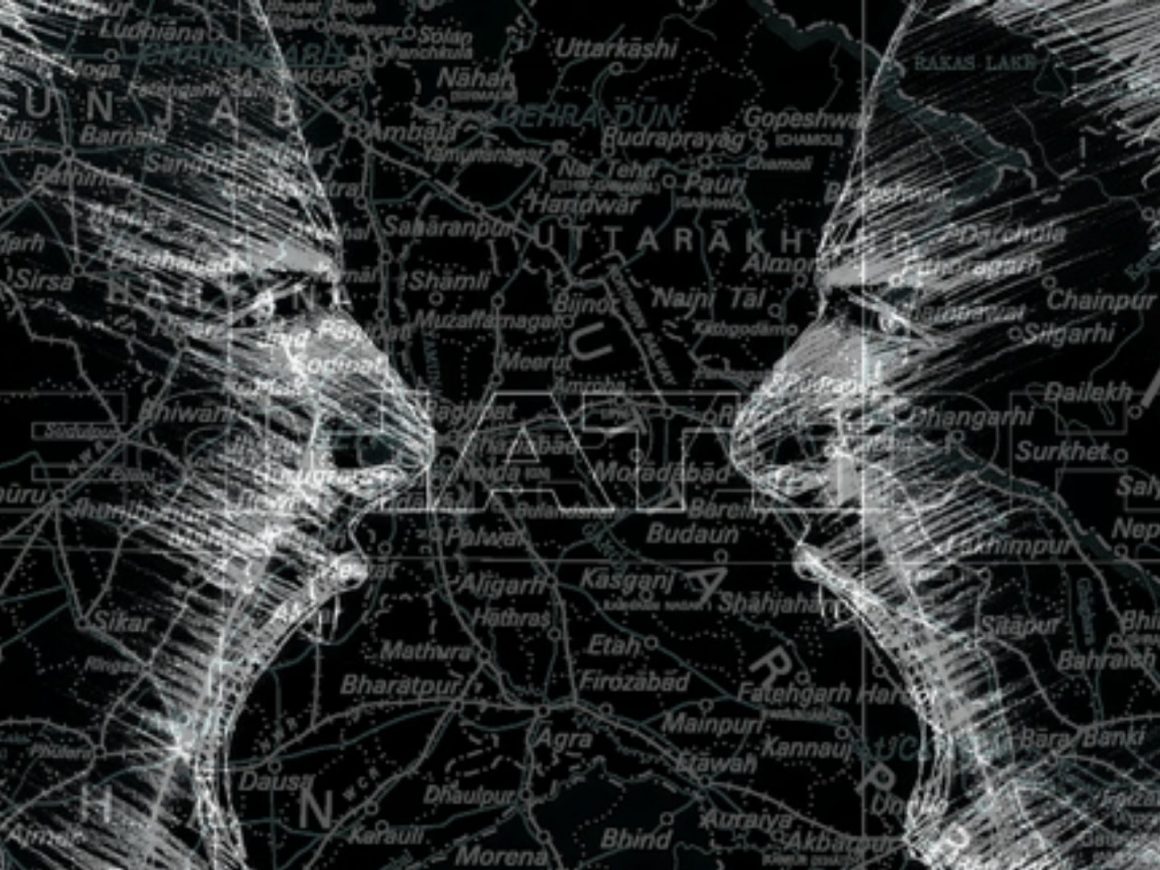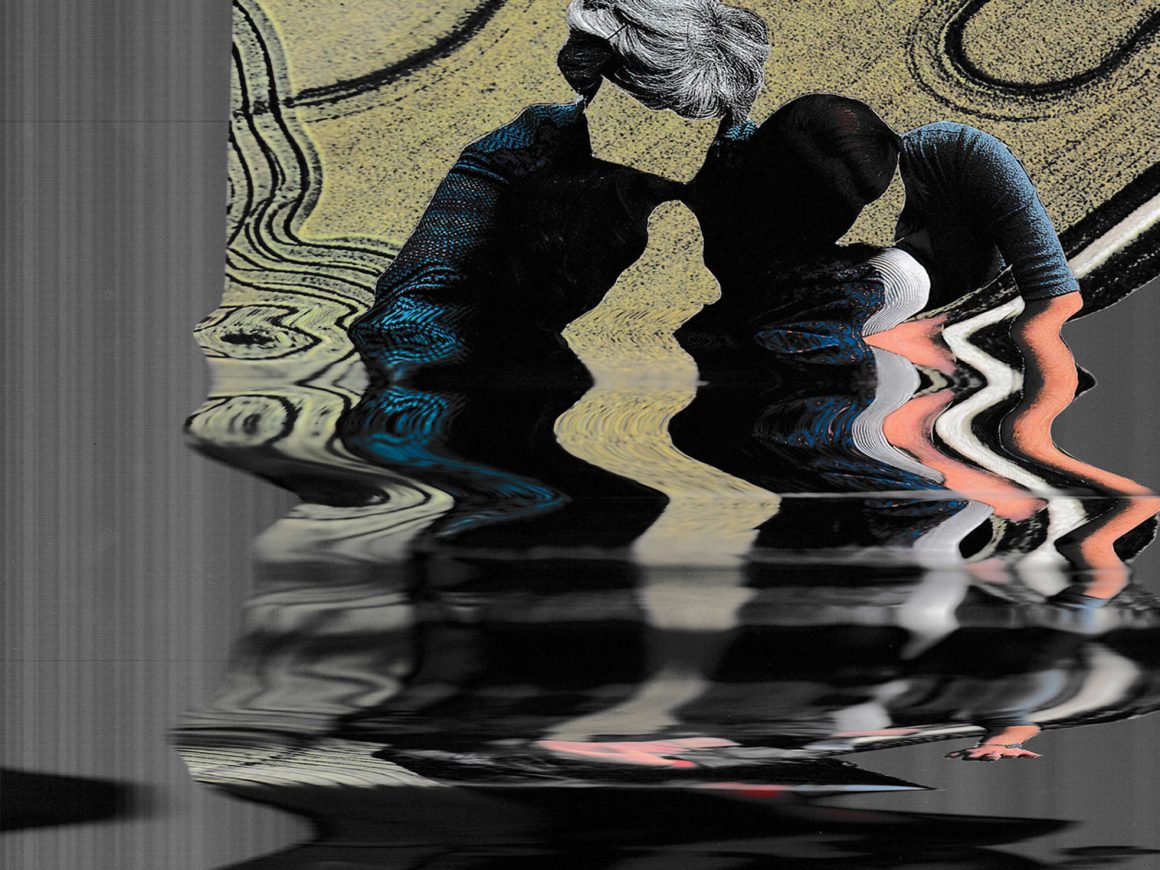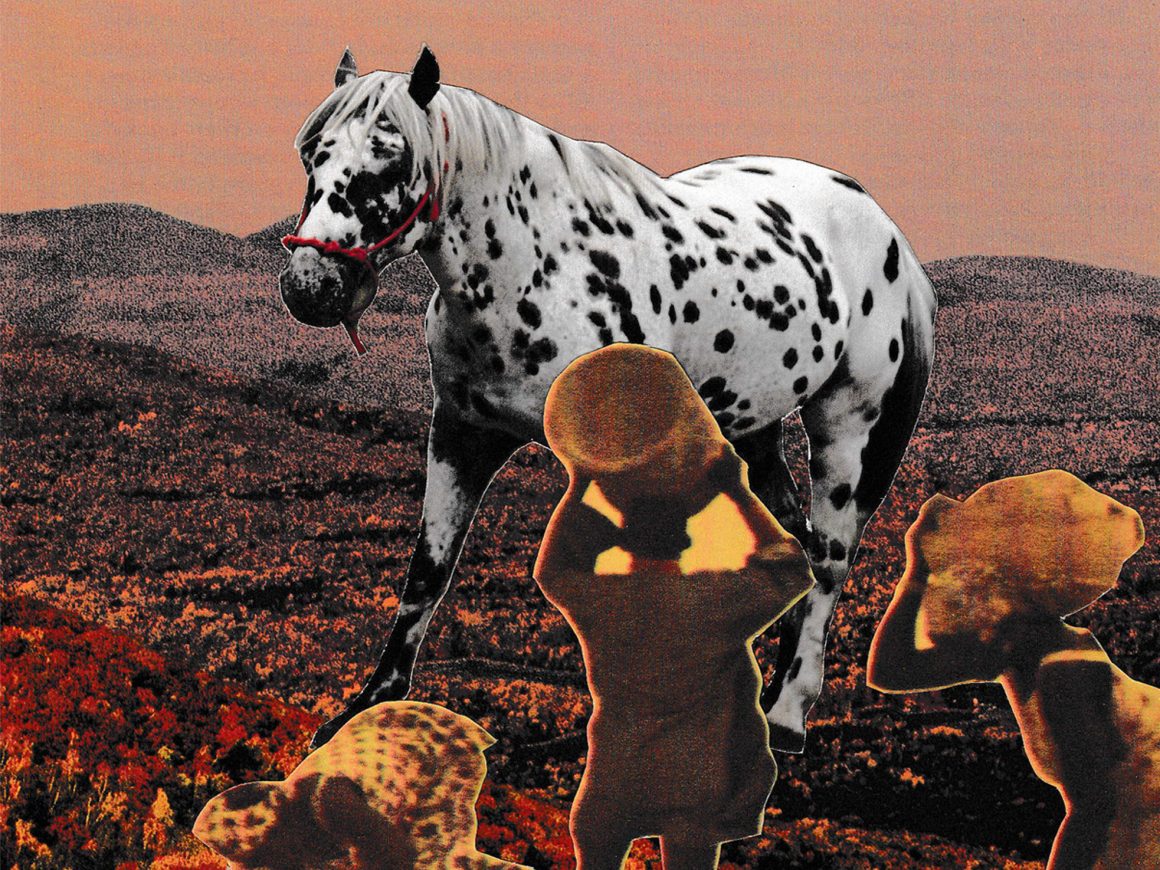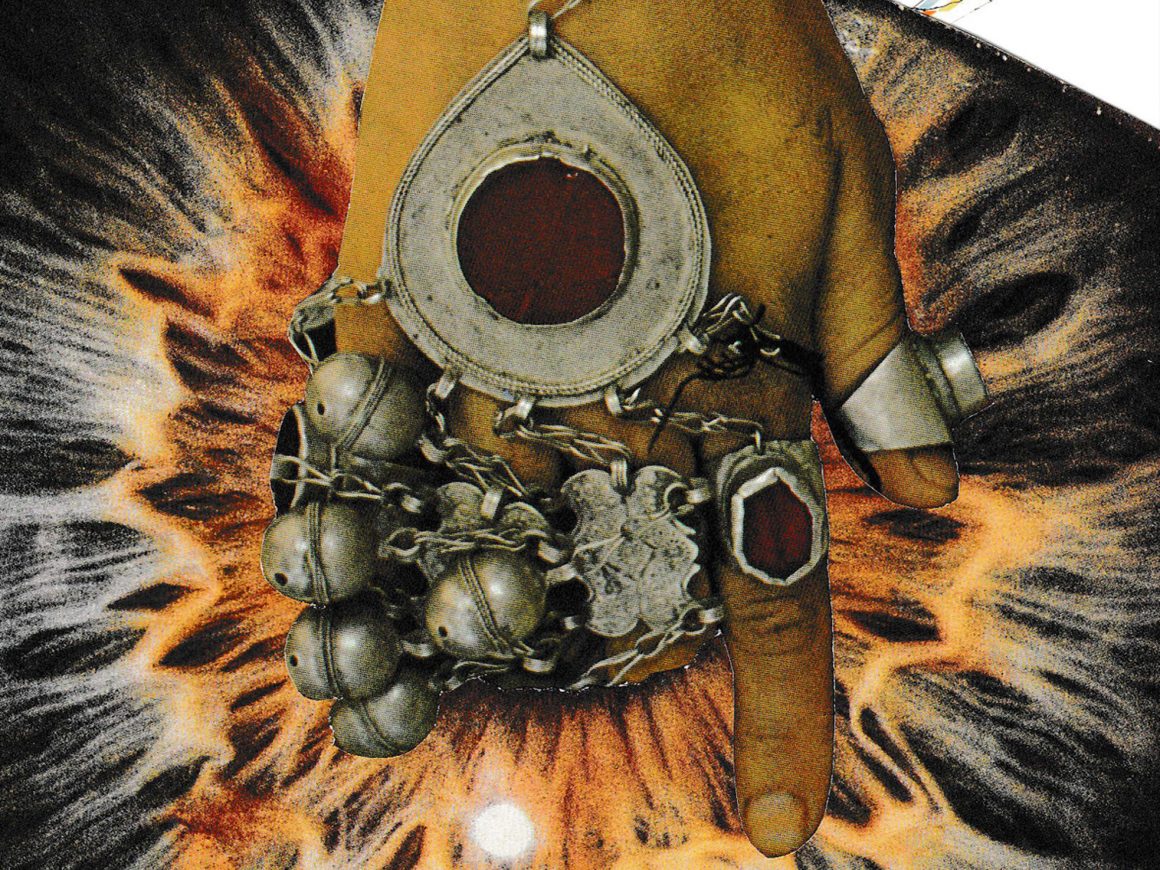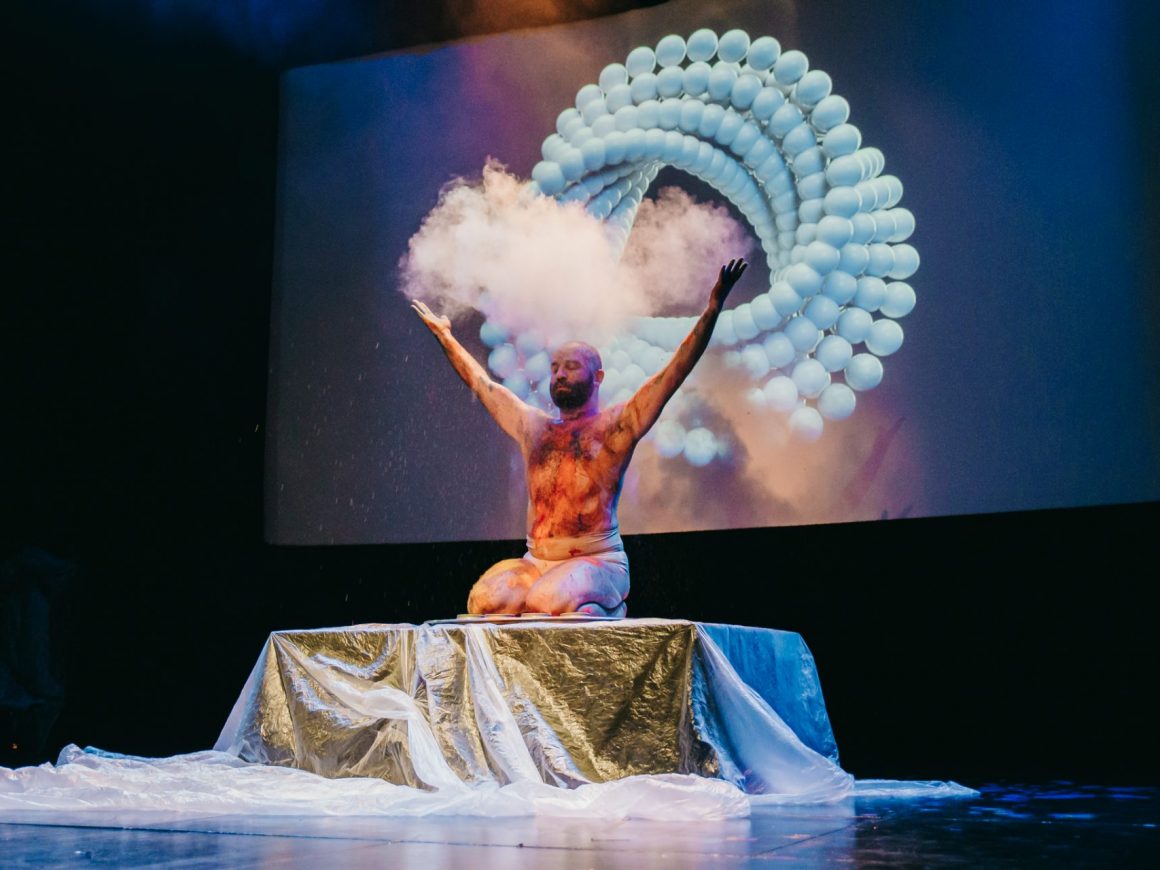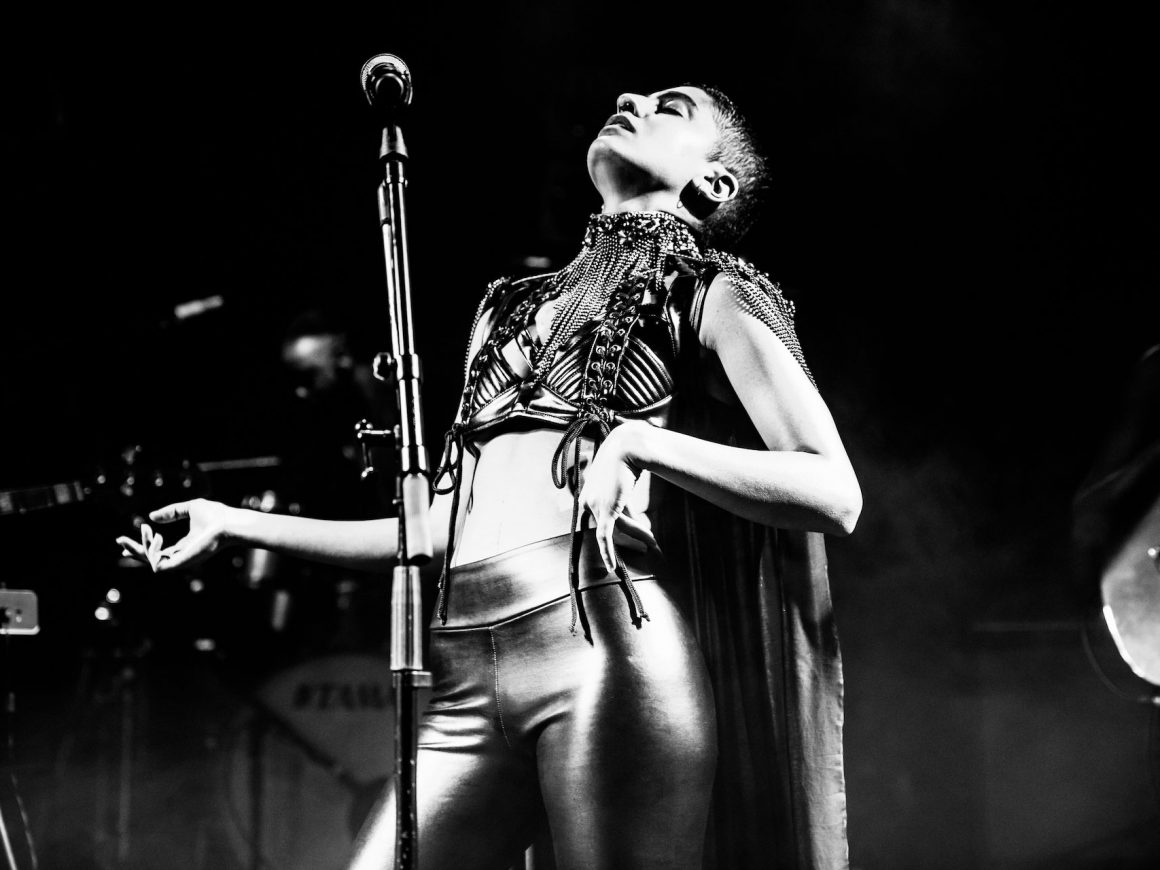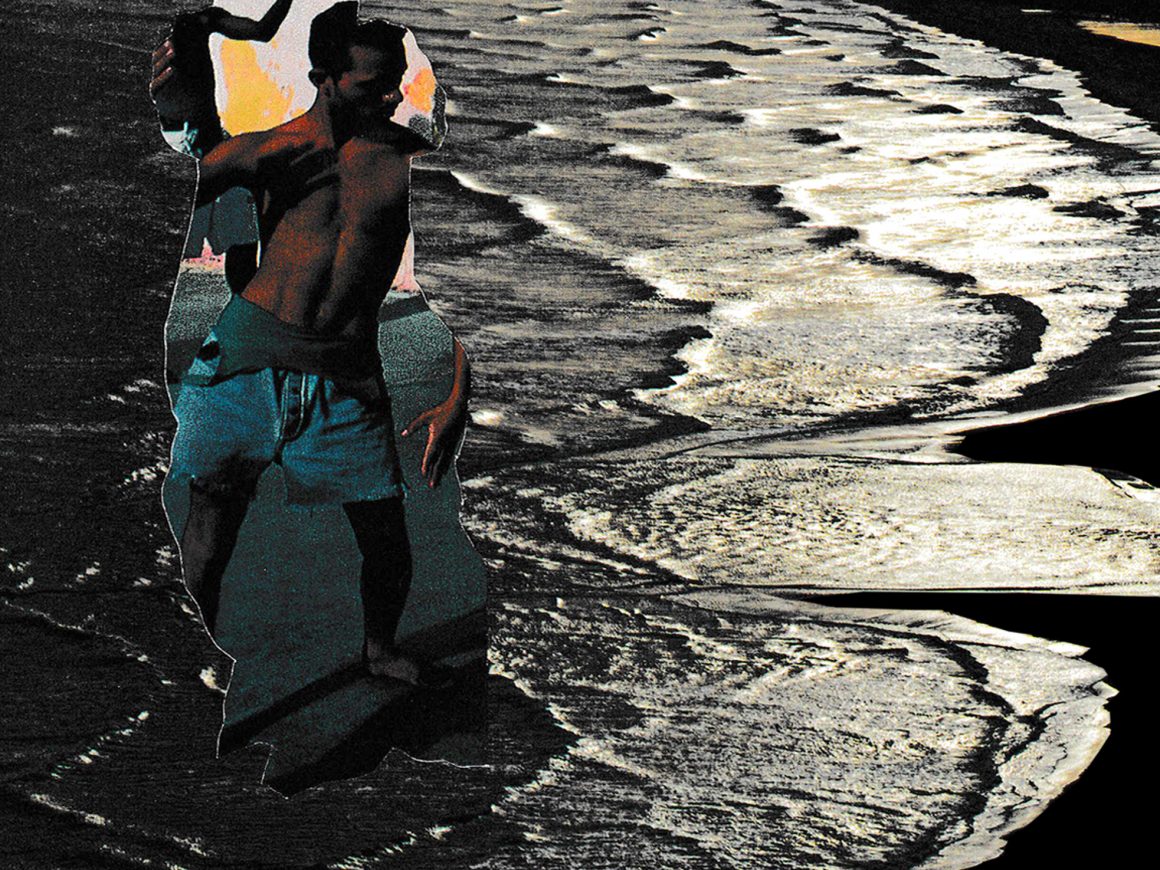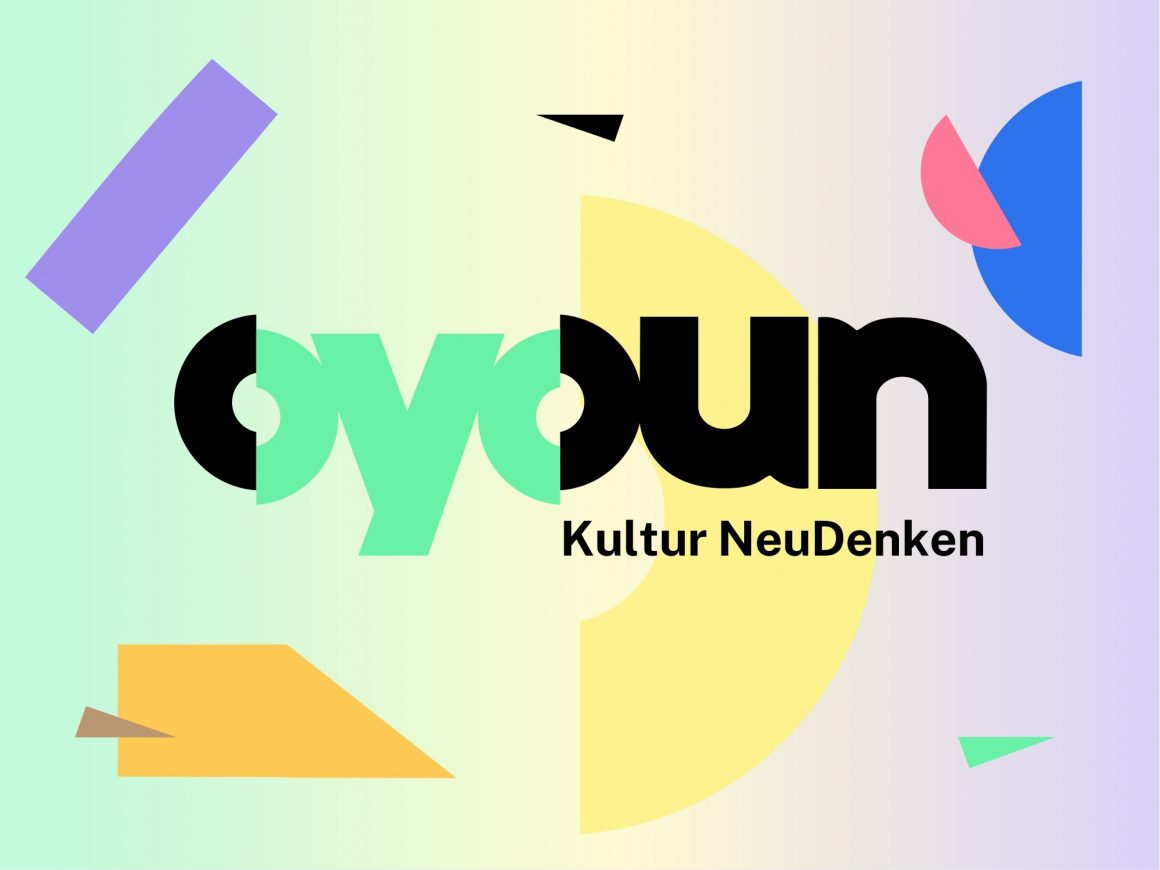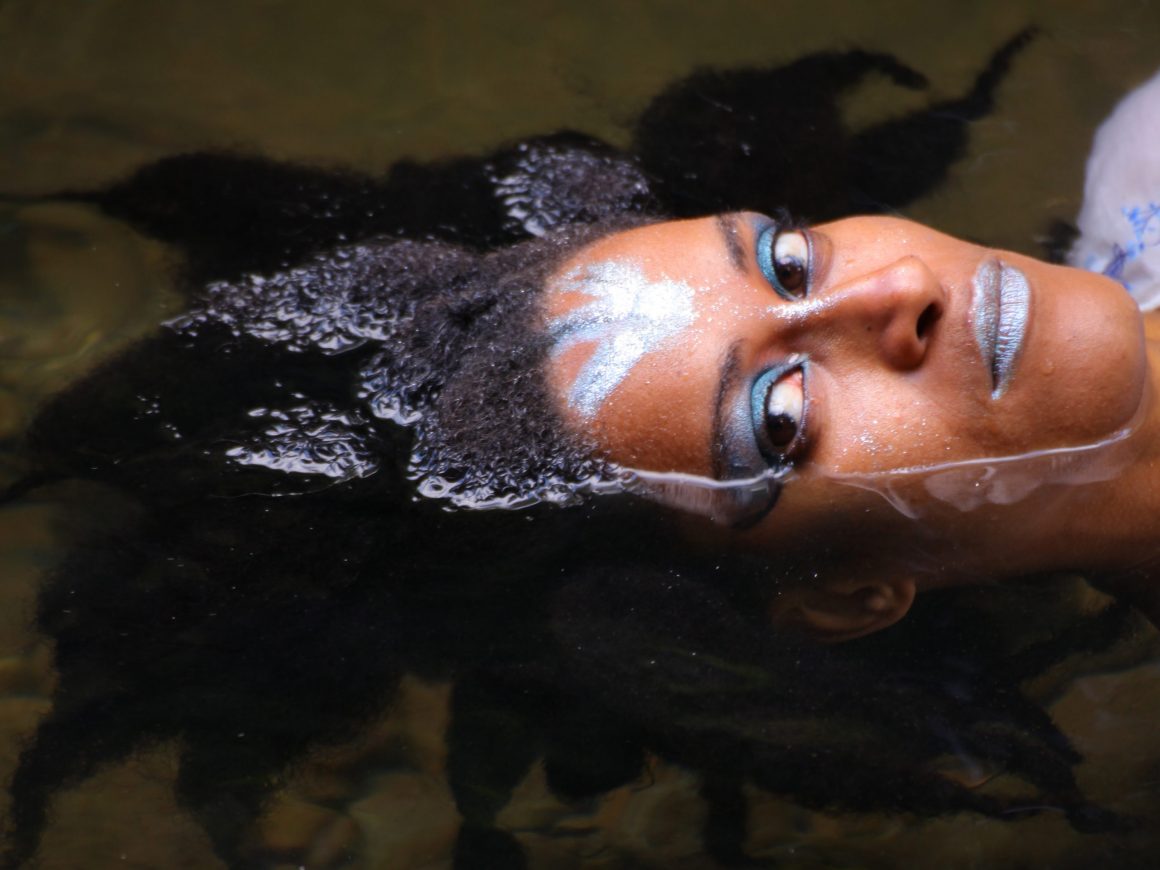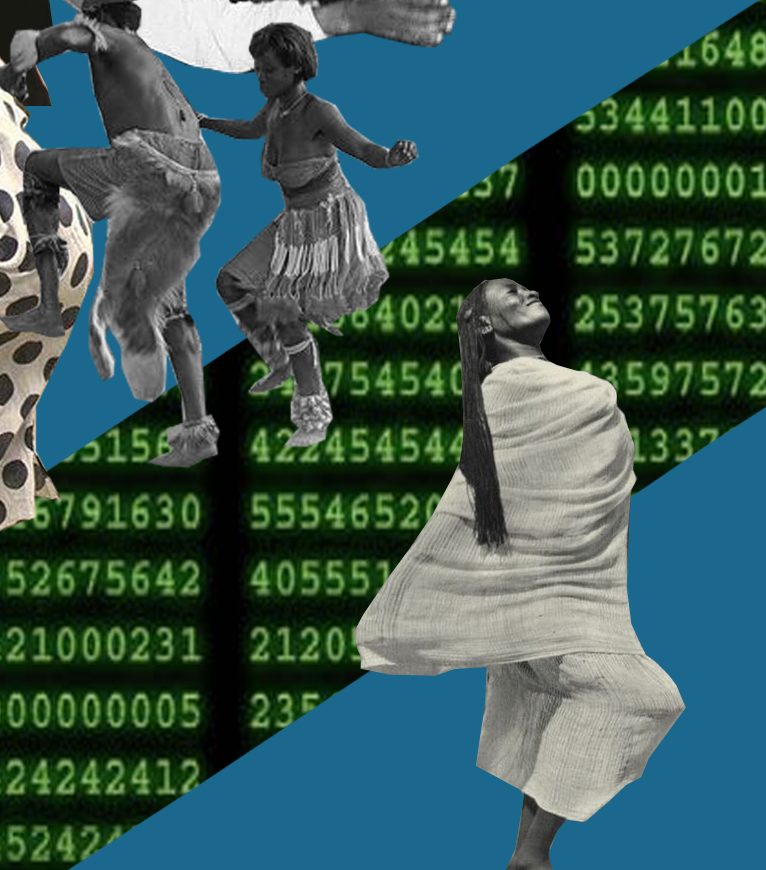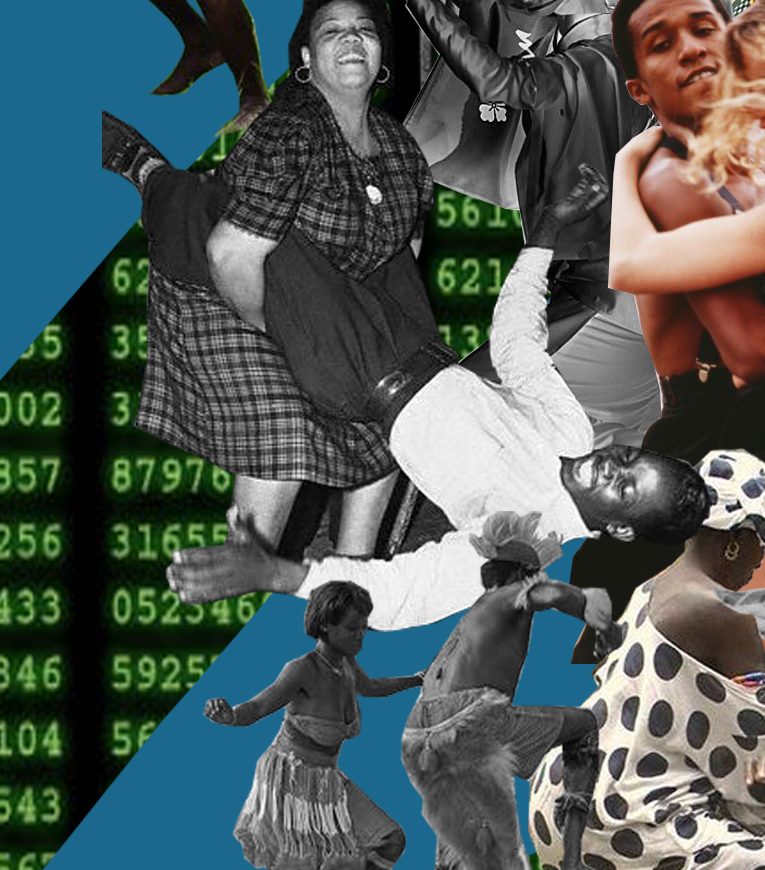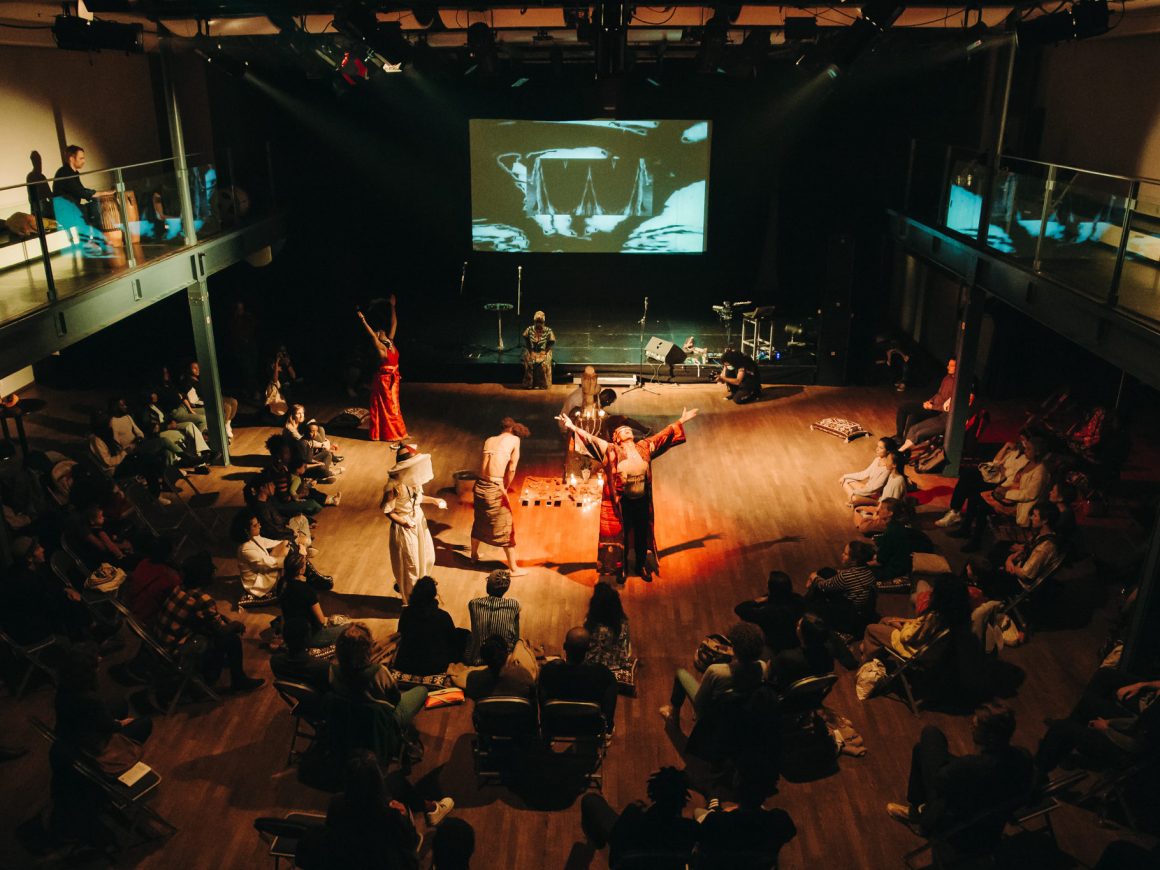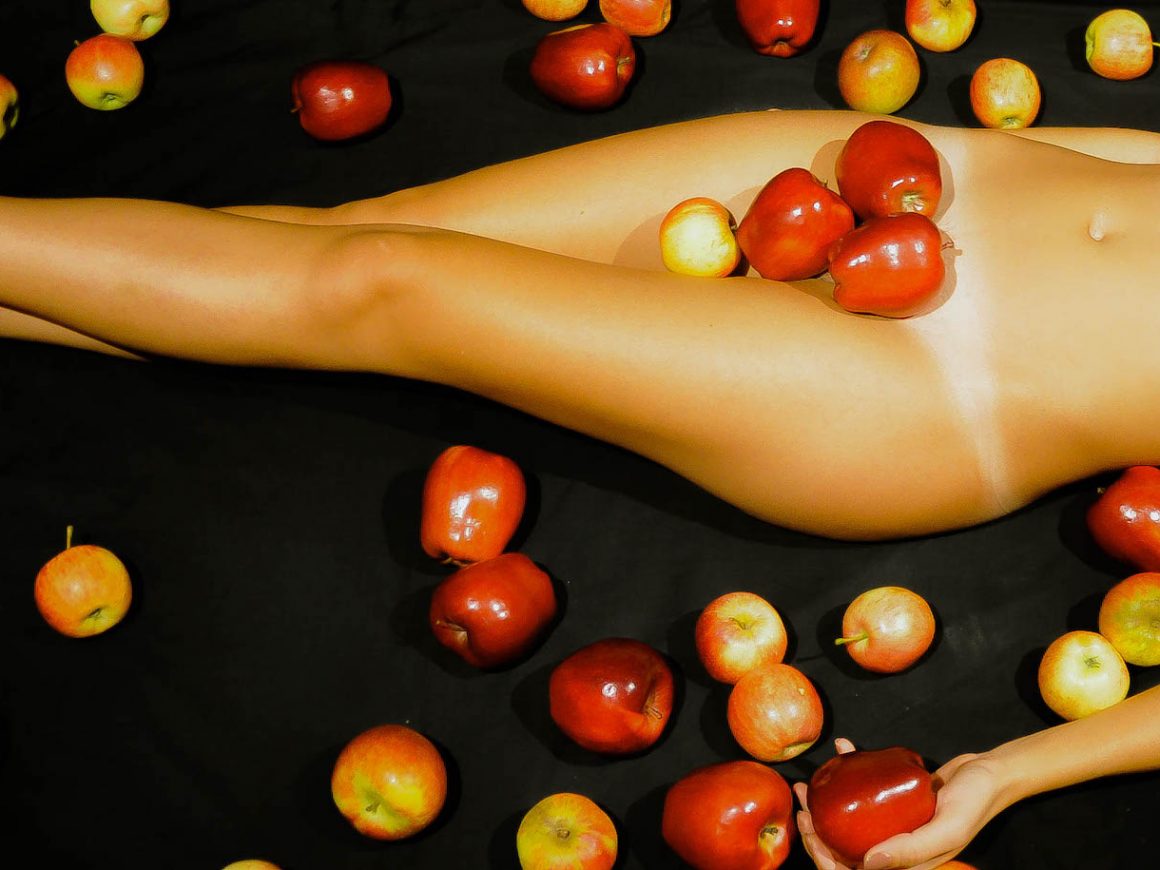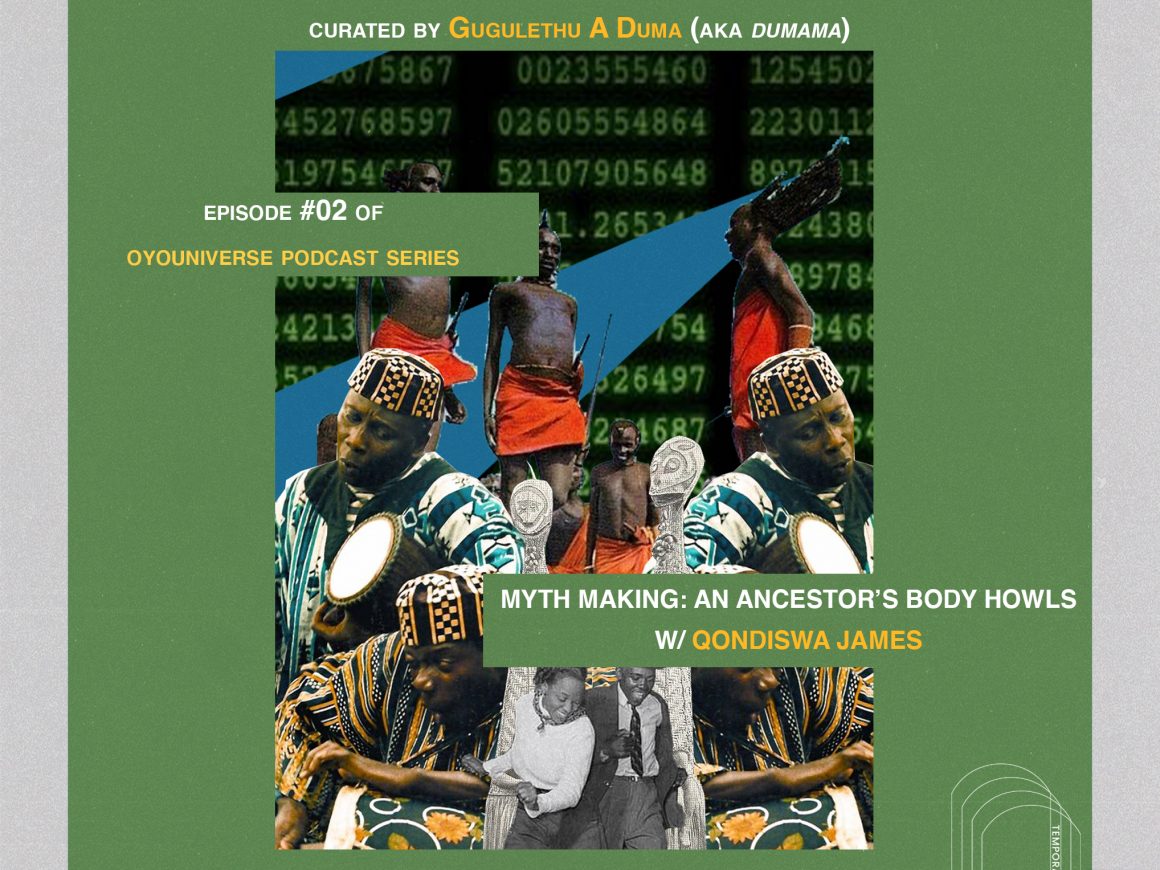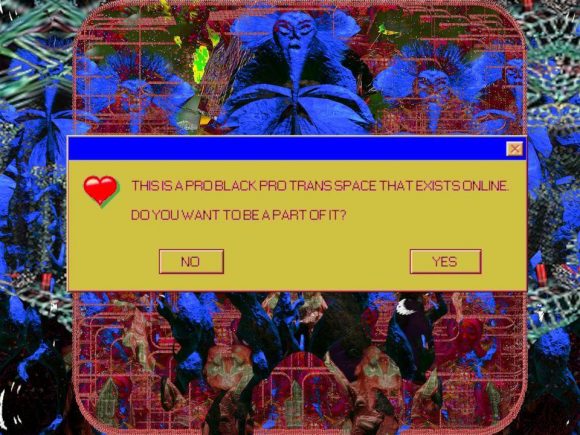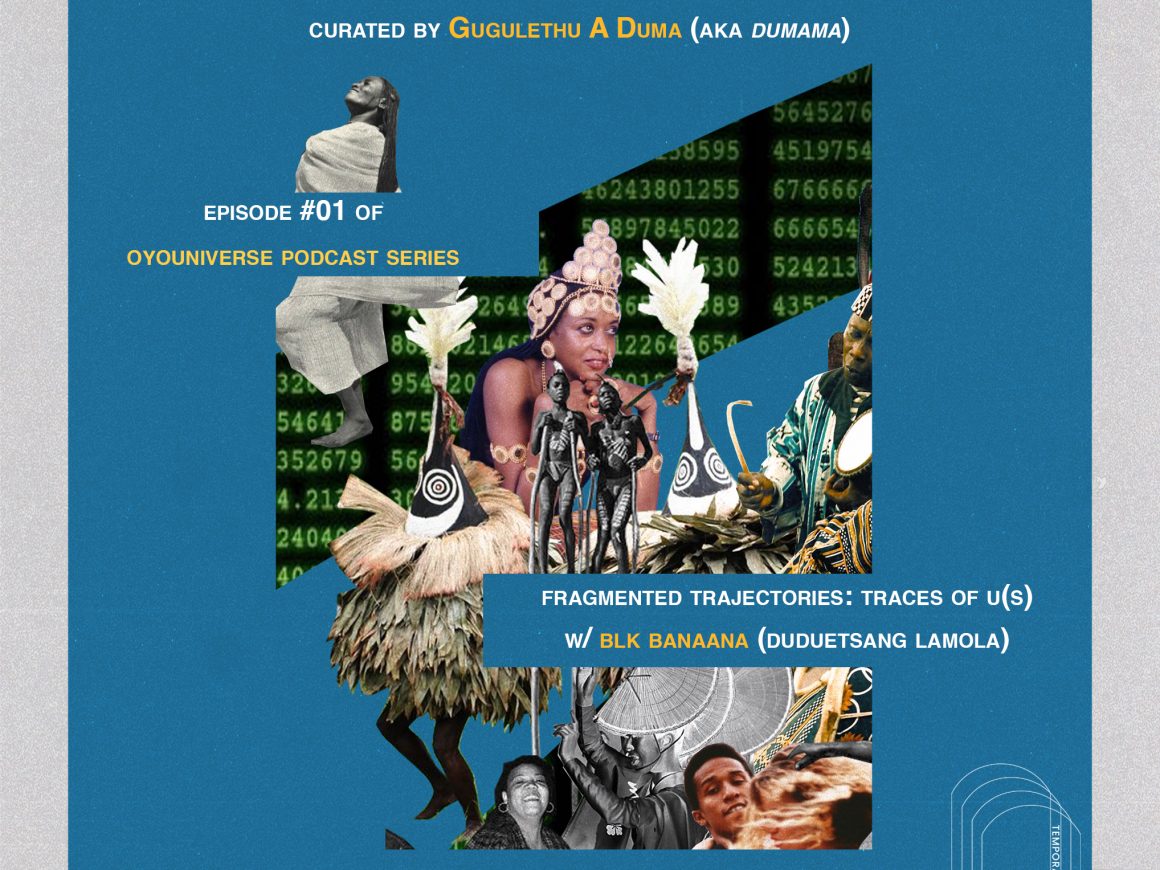Embodied Temporalities
Auf den Spuren verkörperter Erinnerungen | Tracing the memories our bodies hold
Kurator*innen, Künstler*innen und Kulturschaffende setzen sich mit Identitäten, Zugehörigkeit und verkörperten Erinnerungen aus diasporischen, dekolonialen und queeren Perspektiven auseinander. Ein Forschungs-, Archivierungs-, Ausstellungs- und Performance-Projekt, an dem über 40 Menschen beteiligt sind. Die Ergebnisse, Begegnungen und Fragen, die sich aus den Projekten ergeben haben, werden während des EMBODIED ARTS FESTIVAL vom 8. bis 18. April präsentiert und gefeiert.
Curators, artists, and cultural practitioners explore identities, belonging and embodied memories through diasporic, decolonial and queer perspectives. A research, archiving, exhibition and performance project involving 40+ people. The outcomes, encounters and queries which have come out of the projects will be presented and celebrated during the EMBODIED ARTS FESTIVAL from 8th – 18th April.
Künstlerische Leitung / Art Direction: Madhumita Nandi
DIE PROJEKTE | THE PROJECTS
Wer werden wir sein, wenn du uns nicht mehr erzählst?
Nach zwei Wochen Residency im Oyoun gehen Cornelia Becker und Kerim Melik Becker auf die Bühne – sie lesen, singen, bewegen sich und spielen – und verkörpern ihre Fragestellungen und die Antworten darauf in Wort und Musik. “Ein geliebter Mensch stirbt. Wie erleben und verarbeiten seine nächsten Angehörigen – Lebensgefährtin und gemeinsamer Sohn – die Zeit des Sterbens, des Trauerns? Die Auseinandersetzung damit führt in existentielle Erfahrungen und sucht mithilfe verschiedener künstlerischer Ansätze nach Antworten, die trösten und heilen können.”
Following a two-week residency at Oyoun, Cornelia Becker and Kerim Melik Becker will take to the stage – reading, singing, making movements and playing – embodying their questions and sought answers with lyrical and musical language. “A loved one dies. How do his next of kin – partner and son – experience and process the time of dying, of mourning? The exploration leads into these existential experiences and, with the help of various artistic approaches, seeks answers that can comfort and heal.”

Untangle & Mirage
Während des EMBODIED ARTS FESTIVALS wird interdisziplinäre Künstlerin Avril Stormy Unger Avril zwei Uraufführungen präsentieren:: Mirage, eine Performance- Intervention in einem exklusiven Einkaufszentrum im indischen Bangalore, weist auf strukturelle Ungleichheiten beim Zugang zu Grundbedürfnissen wie Gesundheitsversorgung und sauberem Wasser hin. Die Langzeit-Videoarbeit Untangle wiederum beschäftigt sich mit der Neudefinition von Selbst und Identität, indem sie verinnerlichte gesellschaftliche Erwartungen zu Tage fördert.
Interdisciplinary artist Avril Stormy Unger will premiere two new works during the EMBODIED ARTS FESTIVAL: Mirage – a performance intervention at an upmarket mall in Bangalore, India, highlighting structural inequalities in accessing basic necessities such as healthcare and clean water. And Untangle – a durational video work based on the redefinition of self and identity, through the journey of unpacking internalised societal expectations.

Tjef Sema Paut Neteru
Für EMBODIED TEMPORALITIES lud Nane Menschen ein, sich mit ihr auf eine Yoga-Reise zu begeben, die dem auf altägyptischem Wissen basierenden “Tjef Sema Paut Neteru”-System folgt. Diese somatische Technik vertieft die Verbindung von Geist, Seele und Körper auf eine Weise, die die Autonomie des Menschen bei der Kultivierung von innerer Stärke und innerem Frieden feiert. Die Teilnehmenden werden ihre Erfahrungen in verschiedenen Tagebuchformaten festhalten – eine Auswahl davon wird veröffentlicht. Während der Eröffnungszeremonie des Festivals wird Nane uns in einer Meditation anleiten.
For EMBODIED TEMPORALITIES, Nane Kahle invited participants to join her on a yoga journey, following the “Tjef Sema Paut Neteru” System based on Ancient Egyptian knowledge. This somatic technology heightens the connection with your mind, your spirit, your body and your inner world in a way that celebrates your autonomy in cultivating inner strength and peace. Participants will be recording their experiences in different journal formats – a selection of which will be published. During the festival’s opening ceremony, Nane will lead us in meditation.
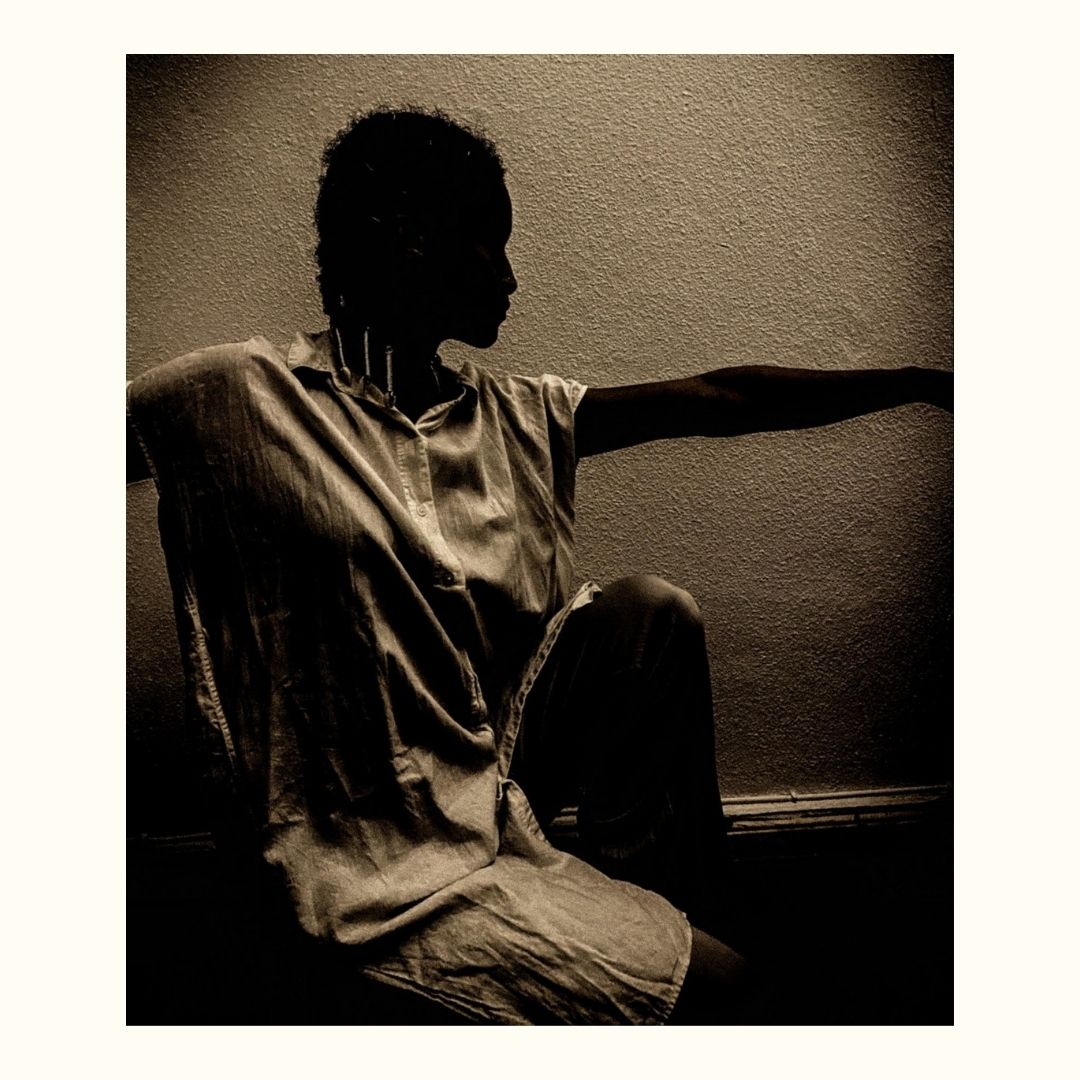
The Body Undone: In Conversation with Loss
Sana Rizvi kuratiert ein Programm aus Filmvorführungen und Diskussionen für das EMBODIED ARTS FESTIVAL, das sich mit verschiedenen Arten von Verlust beschäftigt – mit einem Fokus auf Erzählungen durch neue Stimmen. Mit Hilfe des Mediums Film, gewissermaßen selbst ein verkörpertes Gedächtnis, lädt sie uns zum Nachdenken ein: Können wir neue Möglichkeiten im Umgang mit Verlust und Trauer entdecken, indem wir diesen Gefühlen Räume öffnen, in denen sie sich manifestieren und Anerkennung finden können?
Sana Rizvi will curate a program of film screenings and discussions for the EMBODIED ARTS FESTIVAL. It will look at various kinds of loss held by different bodies – with a focus on storytelling from new voices. Using film, an embodied memory in itself, an invitation is made to reflect on the question: can we discover new possibilities in the workings of loss and grief by allowing spaces for these feelings to be held and acknowledged in an embodied way?

Taking Root in the Flesh
Gugulethu ‘Dumama’ Duma kuratiert einen Abend des Festivals: Mit Asmaa Sbou, Jessica Korp und Thokozani Heidi Sincuba diskutiert sie über die Choreografien und Kartografien der Zugehörigkeit. Und sie präsentiert gemeinsam mit Purity Mkhize eine neue Performance-Arbeit. Gugulethus Festivalbeiträge laden zum Nachdenken über Melancholie, über psycho-spirituelle Instabilität und die Farbe Schwarz ein.
Gugulethu ‘Dumama’ Duma, was invited to curate an evening of the festival programme: For a panel discussion exploring the choreographies and cartographies of belonging, she will be joined by Asmaa Sbou, Jessica Korp and Thokozani Heidi Sincuba. She will also present a new performance work in collaboration with Purity Mkhize. Gugulethu’’s festival contributions invite contemplations on melancholia, psycho-spiritual instability and the colour black.
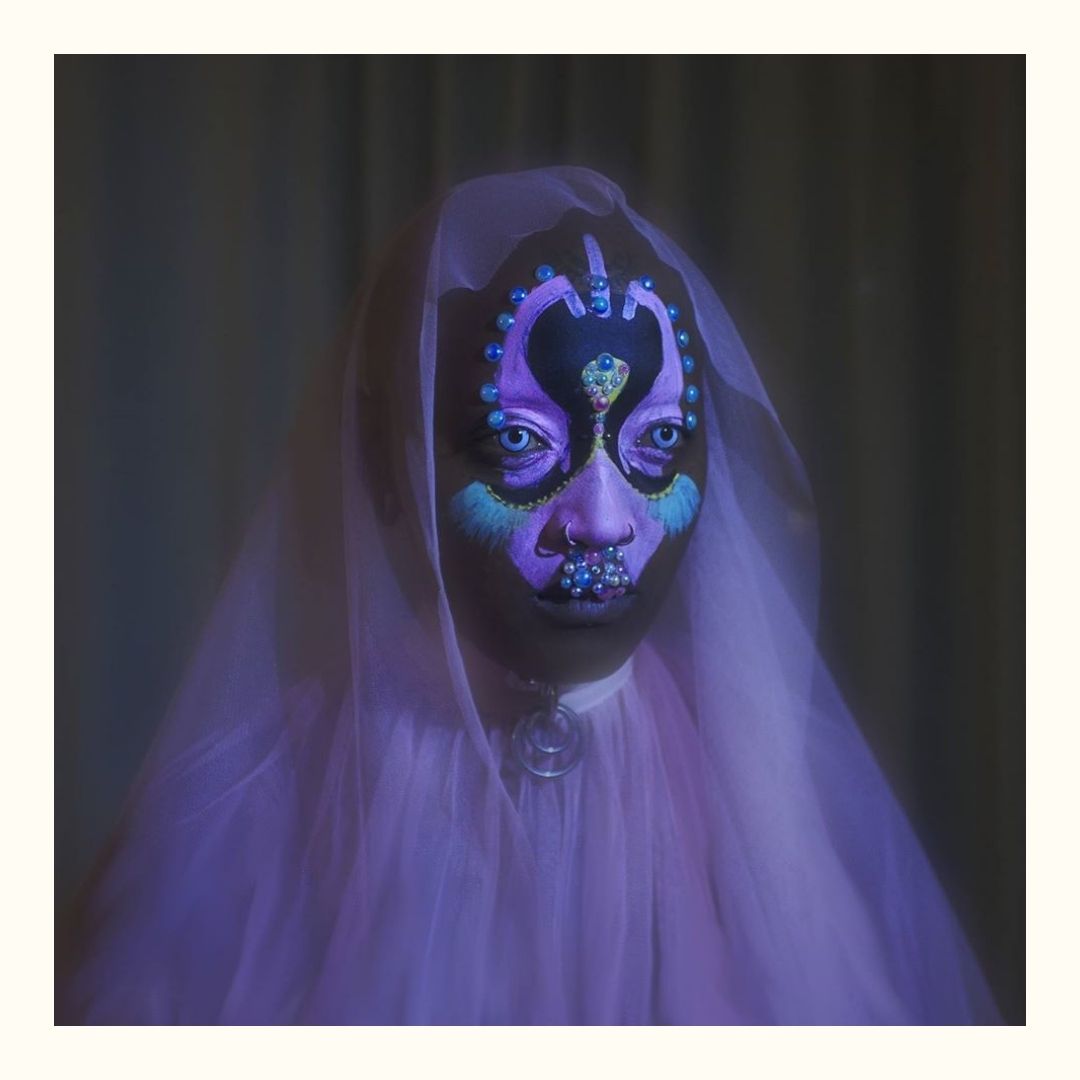
Ilk عِلْق
Ahmad Hijazi, ein in Berlin lebender libanesischer multidisziplinärer Performer untersucht mit Ilk عِلْق Queerness aus einer queeren arabischen Perspektive und geht auf Spurensuche durch mehrere Jahrhunderte queeren Lebens in arabischen und muslimischen Gesellschaften. Ilk عِلْق stellt eine queere arabisch-muslimische Zukunftsvision vor, die Heilung bewirkt: die Geschichte wird zu eigenen Bedingungen umgeschrieben, und queere arabische Identität, fast immer verzerrt wahrgenommen und falsch interpretiert, wird neu (wieder) errichtet.
With Ilk عِلْق, Ahmad Hijazi, a Berlin-based Lebanese multidisciplinary performer, is investigating queerness from a queer Arab perspective, tracking the roots of queer lives lived in Arabic and Muslim societies going back centuries. Ilk عِلْق will set out a queer Arab Muslim futuristic vision, that starts with healing through rewriting histories on one’s own terms and (re)building an identity that has been much misinterpreted and distorted.
+ Mansur Ajang
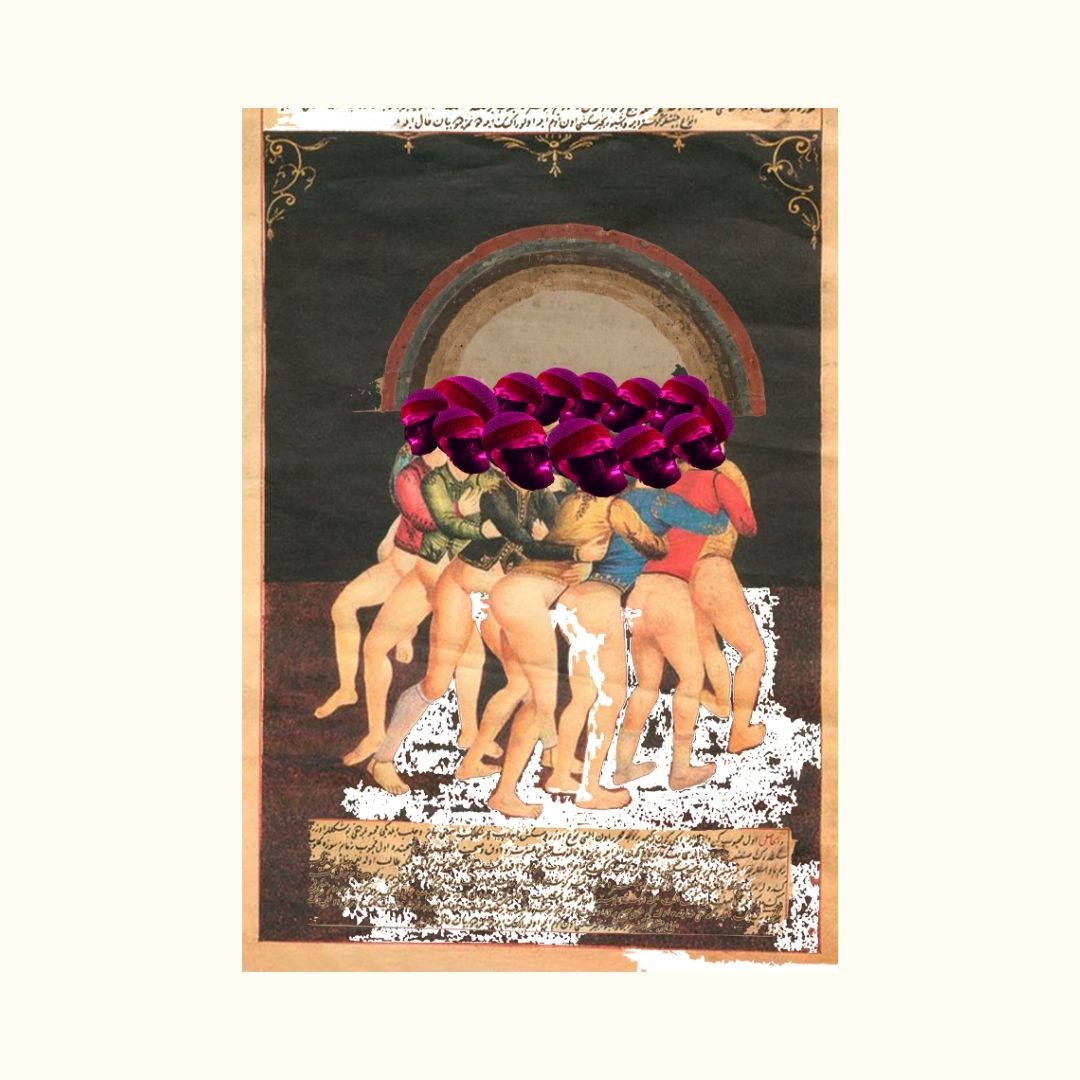
Go Find Me
Danielle Brathwaite-Shirley ist eine Schwarze trans Künstlerin, Spieleentwicklerin und Mutter. Im Rahmen von EMBODIED TEMPORALITIES entwickelt sie “Go Find Me”: ein digitales Archiv Schwarzer Trans-Menschen. “Die Art und Weise, wie die Geschichten und Erfahrungen von Trans-Menschen archiviert werden, verstärkt noch die Gewalt, die wir während unseres Lebens erfahren. Ein Archiv, das Schwarze Trans-Erfahrungen aufbewahrt, muss darauf achten, dass es das Trauma nicht wiederherstellt und fokussiert. Archive, die von Trans-Personen für Trans-Personen geschaffen werden, können uns ermöglichen, unsere Existenz genauer zu erfassen.“
Danielle Brathwaite-Shirley is a London- and Berlin-based Black trans artist, game developer and mother. For EMBODIED TEMPORALITIES, she has been working on “Go Find Me” – a digital archive of Black Trans people. “If at all, the way trans people are archived reinforces or centres the violence we experienced whilst living. An archive that holds a Black trans experience needs to be careful about not recreating and centering trauma. Archives created by Trans people for Trans people can enable us to more accurately record our existence.”
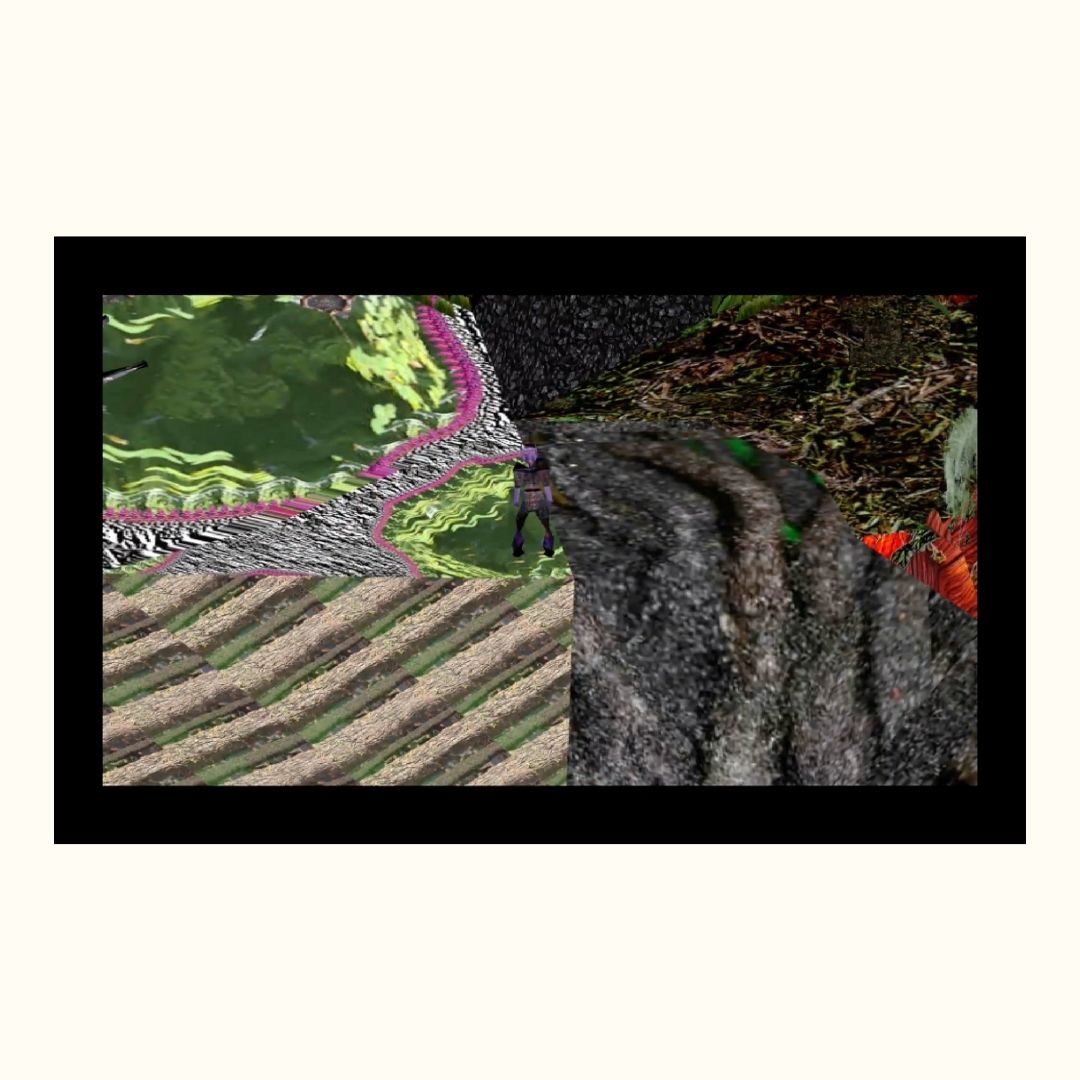
Geography of Hate
Mit Geography of Hate untersucht Künstler-Aktivist Sujatro Ghosh, was Hass antreibt – und zwar den Hass, der sich gegen eine bestimmte religiöse Gemeinschaft an einem bestimmten geografischen Ort richtet, in diesem Fall Indien. Sein Ziel ist, ein Museum der Erinnerung zu kuratieren, um sicherzustellen, dass Ungerechtigkeiten nicht unter den Teppich gekehrt, sondern im kollektiven kulturellen Gedächtnis festgehalten werden und damit Zeugnis für die Schrecken der menschlichen Geschichte ablegen.
With Geography of Hate, Artist-Activist Sujatro Ghosh explores what powers hatred – specifically, hatred directed towards a particular religious community within a specific geographical location – in this case, the Indian subcontinent. The goal is to curate a museum of remembrance, to ensure that injustice isn’t swept under the carpet but recorded within collective cultural memory as a testament to the horrors of human history.
+ Lalson Nghaite, Arijit Bhattacharyya, Sudeshna Saha Roy, Bernd Lützeler

D.C.A.D.V (Decolonial Contemporary African Diasporic Visions)
Während einer Residenz im Oyoun entwickelt multidisziplinärer afrozentrischer Künstler Exocé Kasongo neue Arbeiten sowie kurze Dokumentationen über seinen künstlerischen Prozess, seine Straßenperformances und frühere Kollaborationen aufnehmen. Mit seiner Arbeit möchte er sich selbst und andere Angehörige der afrikanischen Diaspora dazu inspirieren, sich mit afrikanischen Kulturen und Traditionen auf eine zeitgenössische Art und Weise (wieder) zu verbinden – ein neues Afrika auf der Suche nach kultureller, historischer, künstlerischer und spiritueller Wiedergutmachung.
During an art residency at Oyoun, multidisciplinary Afrocentric Artist Exocé Kasongo will delevop new works and record short documentaries about his process, his street performances and past collaborations. He works to inspire himself and others in the African Diaspora to (re)connect with African cultures and traditions in a contemporary way – a new Africa in search of cultural, historical, artistic and spiritual restitution.
+ Etsuki, Ibrahima Ndiaye, Souleyman, Astan Meyer
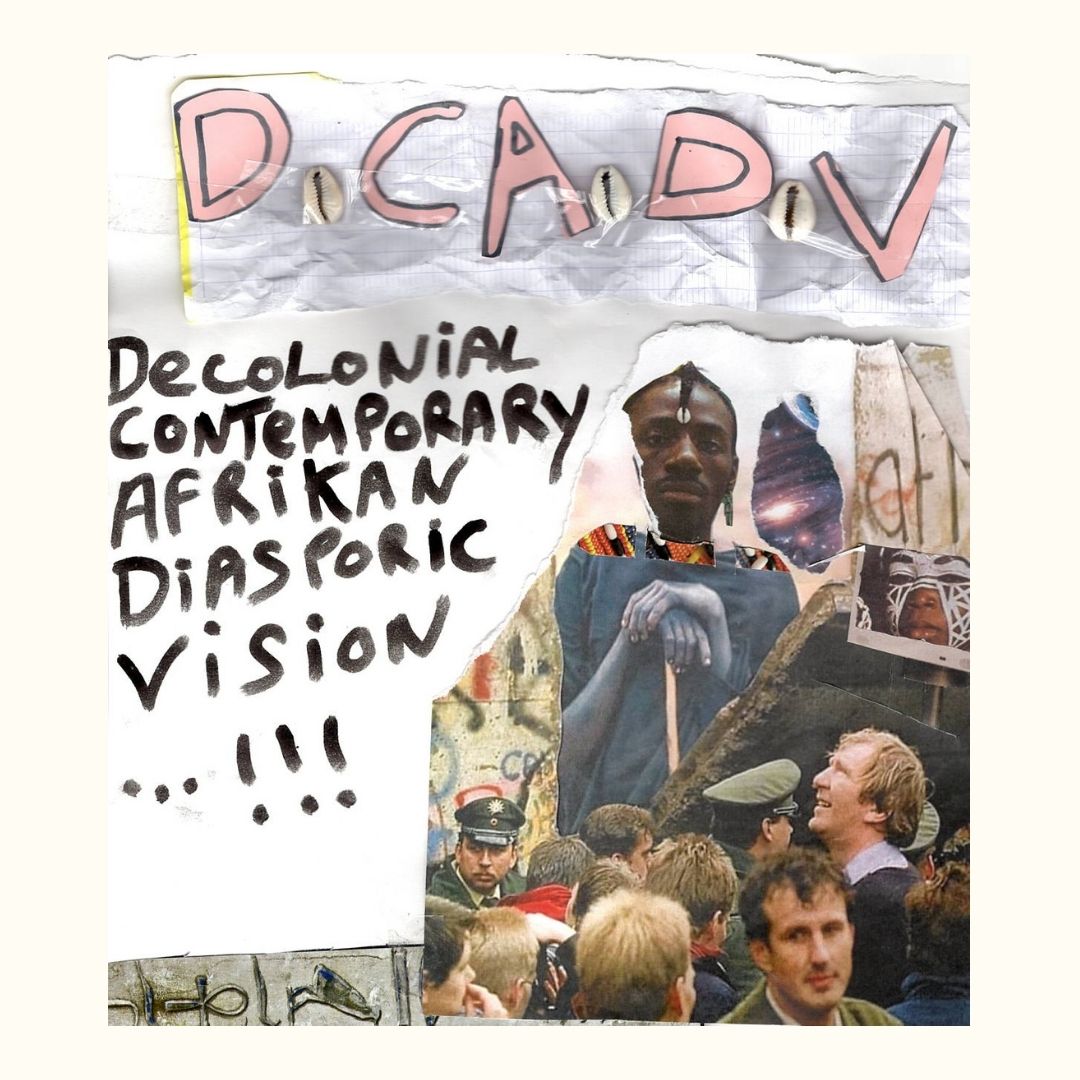
Black Post Box
Gugulethu ‘Dumama’ Duma und Dylan ‘Hunter Chee’ Greene kuratieren eine interaktive Installation in Zusammenarbeit mit der Videokünstlerin Ayanda Duma. Die BLACK POST BOX ist eine audiovisuelle Erfahrung – ein verräumlichtes Gefühl von Melancholie, – die Teilnehmende dazu einlädt, zu kommunizieren und zu hören, was in ihren gelebten Erfahrungen von Race, Kultur und Migration verborgen ist. Reflektionen des Publikums werden aufgeschrieben und während der Abschlusszeremonie des EMBODIED ARTS FESTIVAL durch die Flamme an die Vorfahren verschickt.
Gugulethu ‘Dumama’ Duma and Dylan ‘Hunter Chee’ Greene co-curate an immersive installation in collaboration with video artist Ayanda Duma. The BLACK POST BOX is an audio-visual experience – a spatialized feeling of melancholy, – that invites individual participants to communicate and listen to what has been concealed within their lived experiences of race, culture, and immigration. Audience reflections will be written down and mailed through flame to the ancestors during the EMBODIED ARTS FESTIVAL closing ceremony.
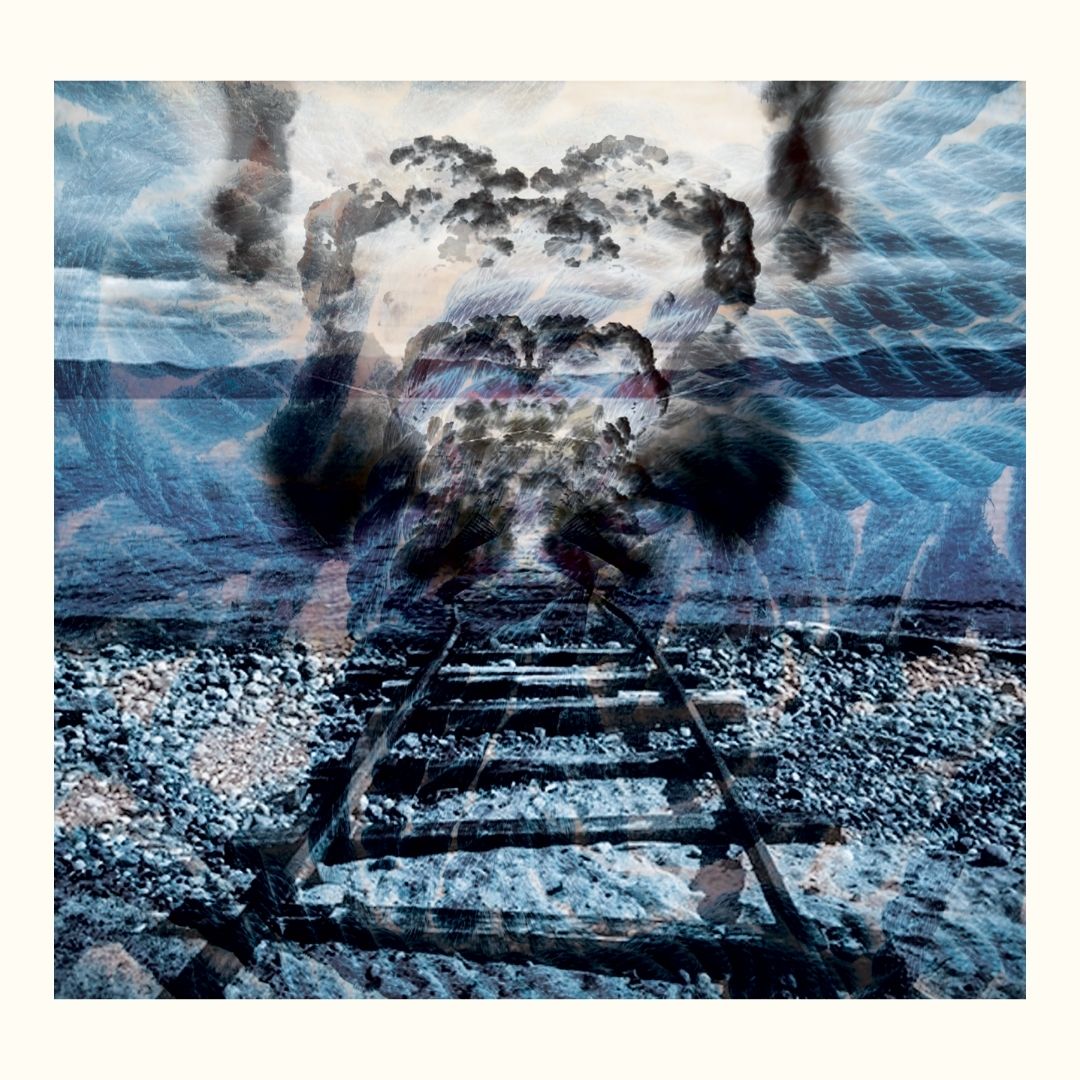
Ascension – Intimate Bodies Forbidden Stories
Dr. Maiada Aboud arbeitet mit sieben Teilnehmenden in einer Folge von Workshops zu Identität, Weiblichkeit und Schmerz, zu Tabus rund um Menstruation, zu Gleichberechtigung und zu sozialem Wandel. Die Projektergebnisse umfassen eine Reihe von Testimonies und eine neue Performance, die während des Festivals gezeigt wird. Darüber hinaus nimmt Maiada eine Reihe von Diskussionen über Gender und Tabus auf, die im Vorfeld des Festivals veröffentlicht werden.
Following an open call, Dr. Maiada Aboud has been working with seven participants in a series of workshops focussing in on identity, femininity, pain, taboos around menstruation, equal rights and social change. Project outcomes will include a series of testimony videos and a new performance which will be showcased during the festival. Maiada is also recording a series of discussions on gender and taboos which we will be releasing in the run up to the festival.
+ Antonia Führ, Christina Gabriela Galli, Maria Trinks, Uli Pilwax
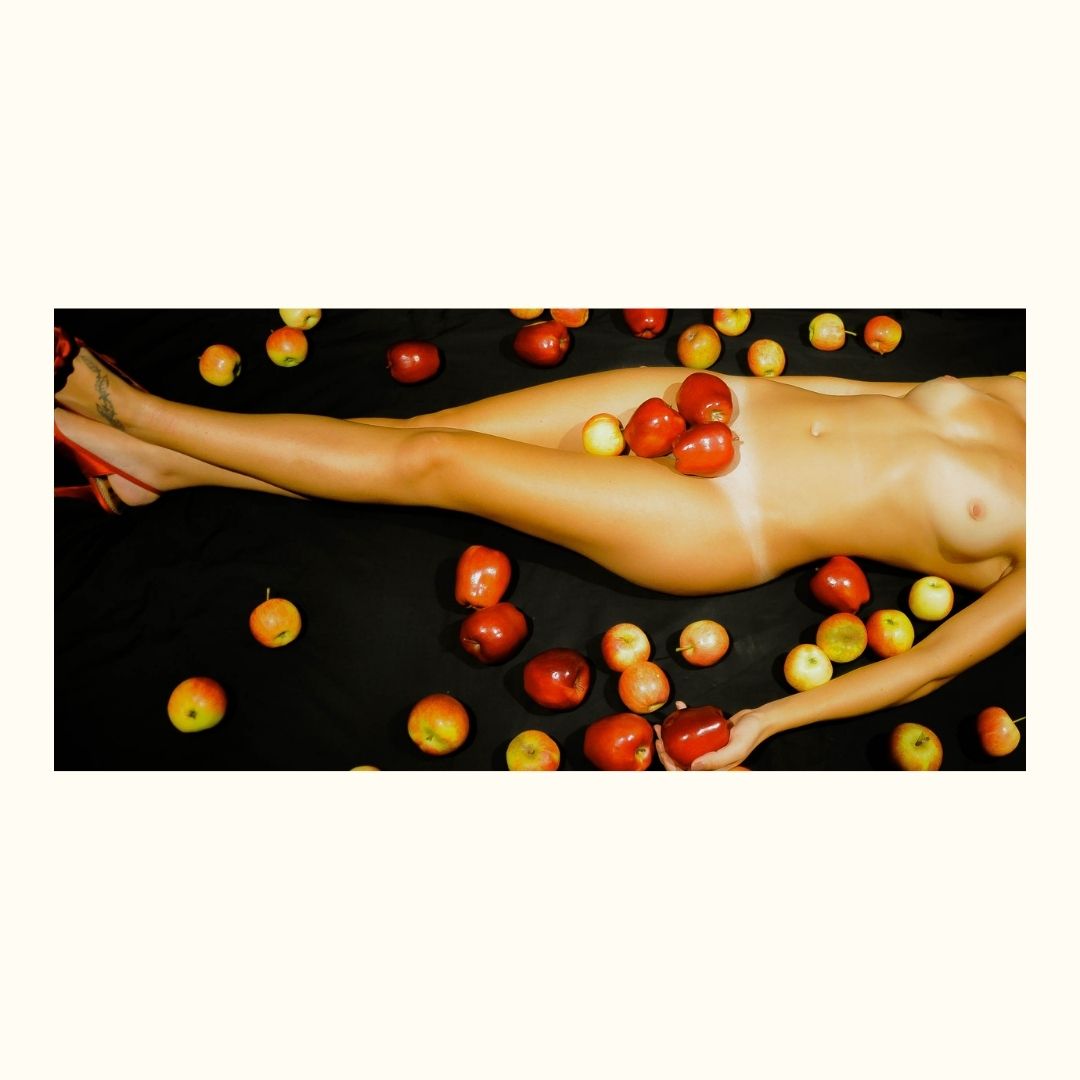
Ancestral Body Noise
Gugulethu ‘Dumama’ Duma, Kulturforscherin, Future- Folk-Musikerin und lebenslange psycho-spirituelle Studentin, leitet fünf Teilnehmende, die sich als Teil der BIPOC-Diaspora in Berlin identifizieren, durch einen sechswöchigen interkulturellen Heilungsprozess über Biomythographie und Rückverbindung mit Ahnen. In diesem Prozess werden die verbliebenen Reste von Ritualen durch kinästhetische und vokale Intimität geehrt und die Kraft einer kollektiven Kreativität genutzt, die sich in einer Zeit der sozialen Distanzierung inmitten von politischem und sozialem Widerstand entwickelt hat.
Cultural researcher, future-folk musician and life-long psycho-spiritual student, Gugulethu ‘Dumama’ Duma is guiding 5 participants who identify as part of the BIPOC diaspora in Berlin through a 6 week long, intercultural healing incubator on biomythography and ancestral reconnection. The focus will be on honoring the remnants of ritual through kinaesthetic and vocal intimacy, engaging the power of a collective creativity developed amidst political and social resistance in a time of social distancing.
+ Duduetsang ‘blk.banaana’ Lamola, Sailesh Naidu, Suelen Calonga, Indrani Ashe, Yin Cheng-Kokott, KooChaa.

Credits
Artistic Direction: Madhumita Nandi
Curation & Production Assistant: Dami Choi
Video & Stream Production: arjunraj
Communication: Helen Gimber
Production: Oyoun Team
Curators / Artists / Performers / Participants:
Exocé Oob Kasongo, Dr. Maiada Aboud, Sujatro Ghosh, Sana Rizvi, Nane Kahle, Kopano Maroga, Gugulethu Duma aka Dumama, Danielle Brathwaite-Shirley, Kerim Malik Becker, Cornelia Becker, Avril Stormy Unger, Ahmad BaBa, Sailesh Naidu, Suelen Calonga, Indrani Ashe, Yin Cheng-Kokott, KooChaa, Jessica Korp, Thokozani Heidi Sincuba, Maneo Refiloe Mohale, Pure, Antonia Führ, Christina Gabriela Galli, Maria Trinks , Uli Pilwax, Fadi Saleh, Farah Deen, Karin Cheng, Fatmanur Sahin, Carolin Spille, Mansur Ajang, Puangsoi Aksornsawang, Ekta Mittal, Elle-Máijá Tailfeathers, Kathleen Hepburn, Anastasiya Miroshnichenko, Sourav Das Madonna Adib, Sonal Giani, Prashansa Gurung, Nabi A., Mandeep Praikhy, Paro, Ibrahima Ndiaye, Souleyman, Astan Meyer, K‘boko, Cérise C. Carson, Lalson Nghaite, Arijit Bhattacharyya, Sudeshna Saha Roy, Bernd Lützeler, Klaus Schmitz, Sanjay Ramachandran, Debolina Chatterjee, Sutantro Ghosh, Dinesh Pushpavanam, Angana Moitra, Deep Ray, Ankur Dutta, Aju John, Anagh Mukherjee, Joydeep de, Christopher Ramos, Nawal Ali, Aparajita Ghosh, Daria Chesnokova, Pragya Debnath, Suchetana Dutta, Lee Jong Hun, Chris Glass, Samirah Siddiqui, Ans Farhat, Gerrard, Angana Moitra, Niyati Matata, Azeez, Julia Behrens, Amr Hassan, Li Cheng, Anshuman Dwivedi, Utsav Dheeraj, Aamir Aziz, Eshna Kutty, Anoushka Kazi Rehman, Siddhesh Gautam, Maham Shahid Khan, Vasundhara Srivastava, Kalpna Puppet Theatre, Subham Mukherjee, Mahir Duman, Ghazal Ramzani, Ishwari Basu, Aindrila Mitra, Abhimanyu Prathap, Osama Anwar, Antje Weitzel, Likhita Banerjee, Ashutosh Banerjee, Mihir Sharma, Britta Ohm, Raunak Agarwal, Baldeep Kaur, Nilasish Chaudhuri, Sayan Paul, Prinzenallee 58 eG, Land Salzburg, Brut Wien.


